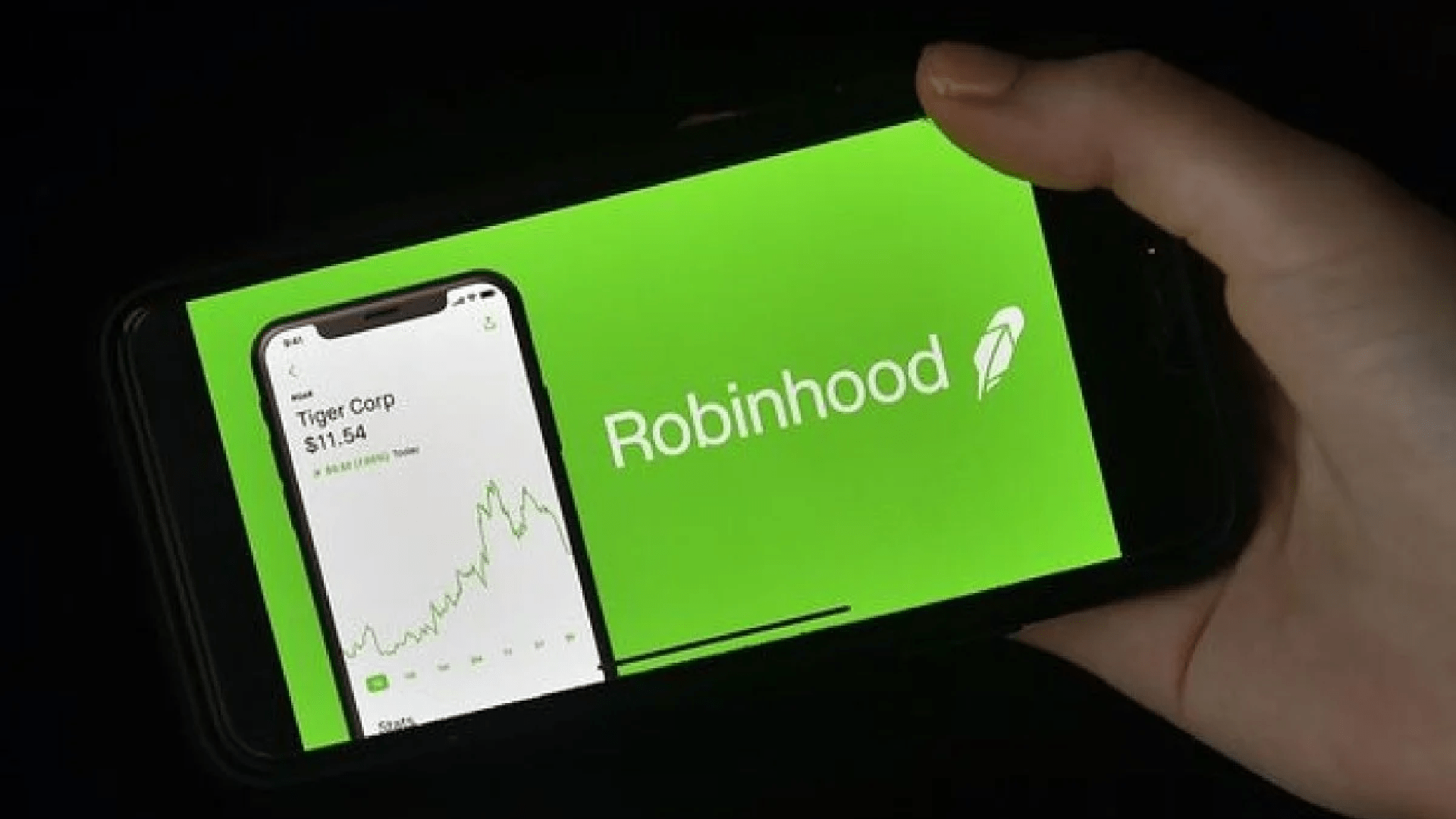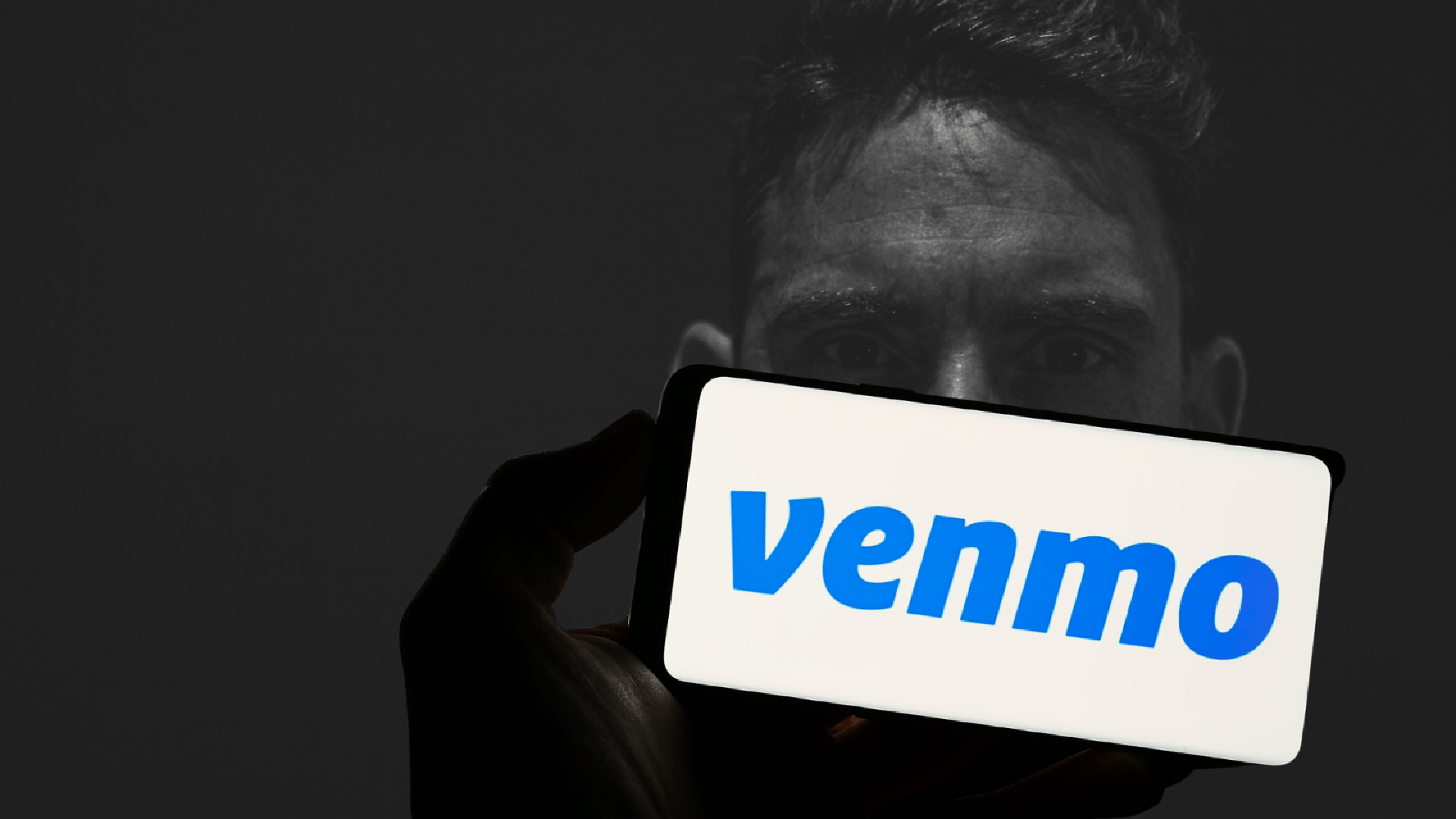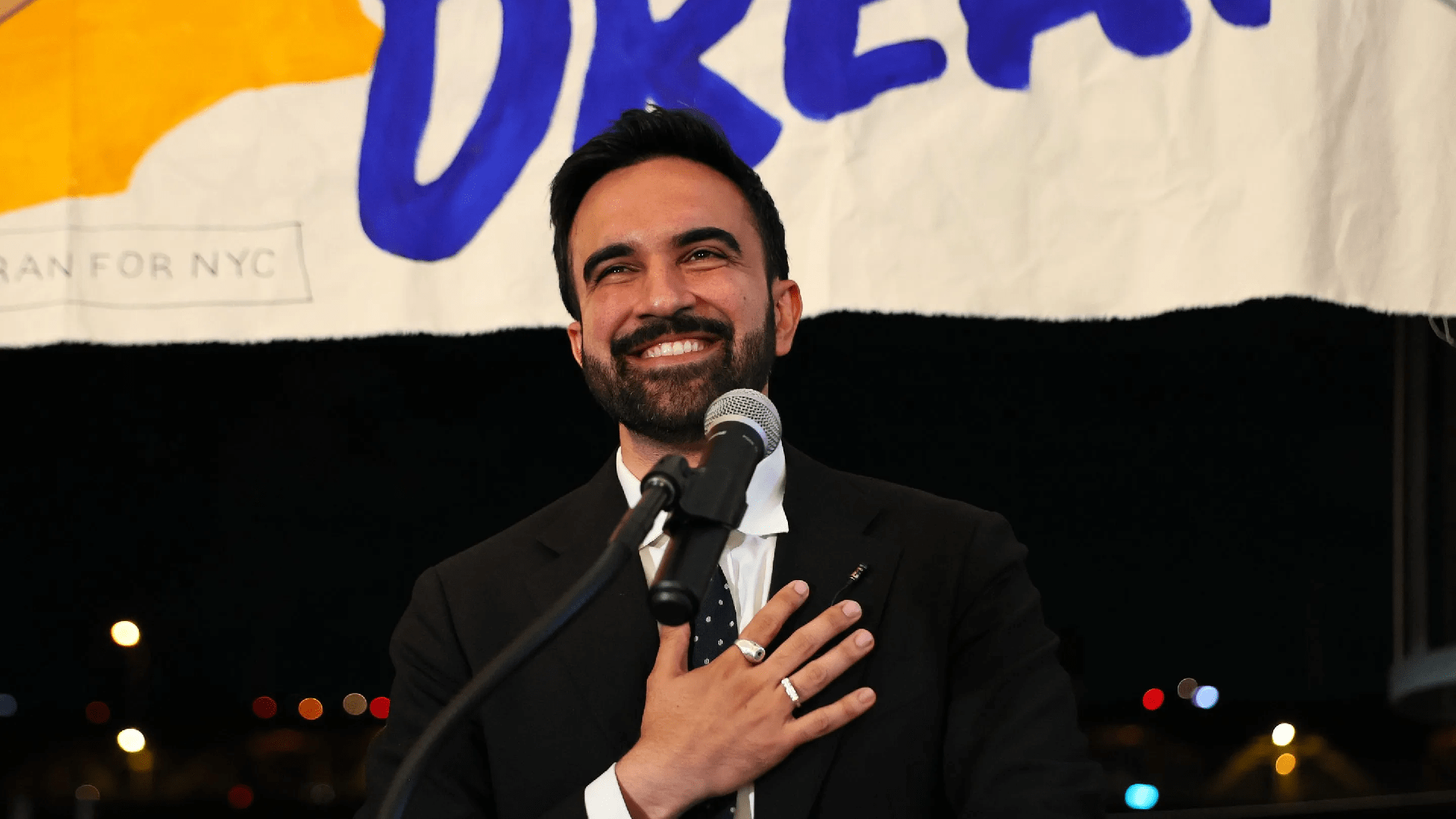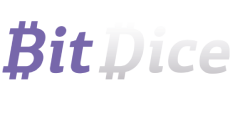Illegal Gaming Operators Still Capture Sizable Part of Ontario Market
In Canadian gaming updates, an IPSOS report examining market distribution in Ontario's three-year-old regulated igaming sector revealed that unauthorized gambling websites continue to have a significant grip on players within the province.
Third Anniversary of Ontario Marketplace
The recent research, ordered by the Alcohol and Gaming Commission of Ontario (AGCO) and iGaming Ontario, revealed that 83.7% of residents in Ontario prefer playing on regulated platforms.
The IPSOS survey included interviews with 2,003 Ontarians aged 19 and older, comprising individuals who placed real money bets or gambled online in the last three months.
In Ontario, private sector operators initially register with AGCO and then engage in a contract with iGaming Ontario to take part in the province's regulated gaming market.
83.7% Opt for Regulated Locations
As per the data from iGaming Ontario released today, there are 49 licensed operators and 84 gaming sites in the province.
Additionally, there’s PROLINE, run by Ontario Lottery and Gaming Corporation, a crown corporation, competing against private sector websites.
OLG operates three business segments: lottery (retail), land-based gaming (the crown corporation operates and oversees gaming at 30 casinos and 37 charitable gaming centers), and digital gaming (iCasino, iLottery, and iSports). OLG prepares its own financial statements.
Bets in Ontario Increased by 31%
Indeed, prior to Ontario's market debut in April 2022, it was projected that 70% of online gambling took place on unregulated platforms.
However, it is also a fact that in 2024, 86.4% of individuals had engaged in online gambling on a regulated platform, based on an IPSOS study commemorating the second anniversary of the regulated, competitive market.
Fewer individuals are shifting to regulated platforms, based on the study published last week—16.3% reported they gambled exclusively on unregulated sites (an increase from 13.6% previously). Furthermore, let's examine that IPSOS study from last week: Of the 83.7% utilizing regulated sites, 20.2% have placed bets on both regulated and unregulated platforms.
Market Channelization Competitive with Other Jurisdictions
"Nothing too surprising in the results to me,” said Canadian Gaming Association President and CEO Paul Burns. “There’s a small drop in channelization but given the strong revenue numbers for the year it’s clear Ontarians prefer operators in the regulated marketplace.”
Last week, iGaming Ontario also released revenue figures for the 2024-25 fiscal year, showing total wagers of CAD $82.7 billion and CAD $3.2 billion in gross gaming revenue, reflecting increases of 31% and 32%, respectively, versus 2023-24. In Ontario, 20% of the revenue from online gambling returns to the provincial government.
“The third year Ontario iGaming Market Channelization Report is positive news that the vast majority of Ontario citizens who play online do so with a site that is regulated by the Alcohol and Gaming Commission of Ontario,” said Troy Ross, Principal at TRM Public Affairs.
Ross has been at the forefront of the igaming advocacy for 17 years, significantly contributing to various igaming milestones in the nation (notably the defeat of prohibitionist laws in Ontario in 2006), and collaborates with provincial governments throughout Canada to inform the public sector about the advantages of regulated online gaming markets.
Hyper-Competitive Market
“While 84% channelization is a slight decline over the previous year, it remains competitive with global leading jurisdictions like the United Kingdom, Sweden, Denmark and Spain.
"The Canadian marketplace is hyper competitive, with many unregulated options available to the public,” he added. “Ontario will need to remain vigilant and keep cost of compliance reasonable so that operators can continue to offer entertainment choices that can compete with the illegal market. Taken together with the record-breaking third year financial results from iGO, this is another successful year for regulated iGaming in Canada.”
Nonetheless, that's a significant number of individuals wagering on unlawful platforms. Keep in mind that Ontario no longer differentiates between grey market and illegal/black market.
Rise in Participants on Unregulated Platforms
Grey market operators were unregulated yet accepted providers, licensed in other regions, that functioned legally in a pre-regulation grey area and were motivated to enter the regulated market. In contrast, black market operators engage in illegal activities, frequently lacking licenses or willingness to adhere to regulations, and currently encounter legal consequences.
The AGCO established a deadline of October 31, 2022, for grey market operators to either achieve full compliance or leave the market. After the deadline, according to the Gaming Control Act, AGCO has the authority to enforce escalating penalties that may include suspensions, fines, and potentially jeopardize an operator's ability to register for the regulated market.
Implementation of the Matter
According to a statement from AGCO last week:
The data further highlights that a significant level of gaming persists on unregulated platforms. Consequently, those players are not protected by Ontario's elevated standards for game integrity and player safeguards. The AGCO persists in its initiatives to tackle unlawful gambling websites in Ontario and to raise public awareness regarding the advantages of selecting licensed igaming platforms.
This comes from a high-level source within the igaming industry:
"Channelization rates aren’t increasing much and even the release sent out by AGCO and iGO note there’s more work to do. Three years in, what is the plan to deal with black market operators who refused to get licensed? Ontario is a big market and given that new operators are still wanting to come in, how level is the playing field given more than 20% of Ontario’s players continue to access unlicensed websites?”
Black Market
That's a great question, and it became even more pertinent when IPSOS published their market channelization findings last week.
Boho Casino, unlicensed in Ontario but holding a license from the Government of Curacao, issued a news release on the same day IPSOS published their study, asserting that they are legally operating "the rest of Canada under its international license."
Located in Toronto, Ontario, even though Ontario has regulations, we registered for an account. The available payment options include Interac, Visa, Mastercard, Skrl, Bitcoin, Ethereum.
In the announcement, players were encouraged to register on their platform, emphasizing their “reliability,” favorable user feedback, the reality of being licensed, their “vast” game variety, Canadian-friendly banking options, quick payouts, “generous” bonuses, and “excellent” support and security.
The question is how serious the AGCO is regarding enforcement, given that channelization numbers are trending negatively.
AGCO Declaration Regarding Unregulated Locations
This was stated by an AGCO spokesperson on Friday after Casino.org contacted them for a response:
"The AGCO is aware of these illegal ads/sites. While the AGCO does not have any jurisdiction over such illegal sites, our igaming Compliance Team monitors such activity,” the spokesperson told Casinor.org. “The AGCO is continuing to explore additional opportunities to further minimize unregulated online gaming activity in Ontario, including collaborating with various international gaming regulators to share best practices and find opportunities for coordinated activities.”





